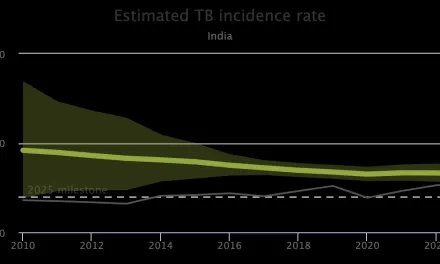Pesticides are significantly harming wildlife across the planet, stunting growth, damaging reproduction, and even causing behavioral changes in animals not meant to be targeted, according to a large-scale study published on Thursday.
Scientists warn that species loss has reached a level not seen since an asteroid impact wiped out the dinosaurs 66 million years ago. Human activity, including pesticide use, is pushing the world toward a sixth mass extinction event.
Global Impact of Pesticides
Researchers have long documented the detrimental effects of pesticides on various species, exacerbating environmental damage alongside habitat loss and climate change. A new study, published in Nature Communications, analyzed 1,700 previous research papers to assess how pesticides harm animals and plants worldwide.
Unlike previous studies focusing on specific species or habitats, this research provides a comprehensive global picture, covering 471 different pesticide types used in agriculture, businesses, and homes.
“It is often assumed that pesticides are toxic primarily to the target pest and closely related organisms, but this is clearly not true,” said co-author Dave Goulson of the University of Sussex. “Concerningly, we found pervasive negative impacts across plants, animals, fungi, and microbes, threatening the integrity of ecosystems.”
More than 800 species across land and water were assessed to have suffered harmful effects, including slowed growth, reduced reproductive success, and impaired ability to catch prey or attract mates. In many cases, exposure to pesticides ultimately led to death.
Calls for Sustainable Practices
Dr. Ben Woodcock, a co-author from the UK Center for Ecology and Hydrology, acknowledged the challenge of eliminating pesticide use, stating that these chemicals are “a necessary evil, without which global food production and farmers’ livelihoods would likely collapse.”
However, researchers suggest alternative farming methods, such as planting crops at different times and growing wildflowers to attract pest-eating species, to reduce pesticide reliance.
UN Negotiations on Biodiversity
The study comes ahead of crucial United Nations negotiations on biodiversity in Rome later this month. These talks aim to secure funding to combat deforestation, overexploitation, climate change, and pollution.
In a landmark report in December, UN biodiversity experts warned that overconsumption and unsustainable farming practices are driving biodiversity loss and climate change. The study further reinforces concerns that pesticides significantly contribute to this crisis.
Antonis Myridakis of Brunel University in London, who was not involved in the research, noted that while the study highlights serious threats, the dataset covers only a fraction of potentially affected species. “Therefore, there is the possibility that the true extent of pesticide harm is even greater than reported,” he said.
Disclaimer
This article is based on scientific research and expert opinions. The findings highlight the potential risks associated with pesticide use, but the role of pesticides in food production and pest control remains a complex issue. Readers are encouraged to consider multiple perspectives and consult agricultural experts for informed decision-making.












